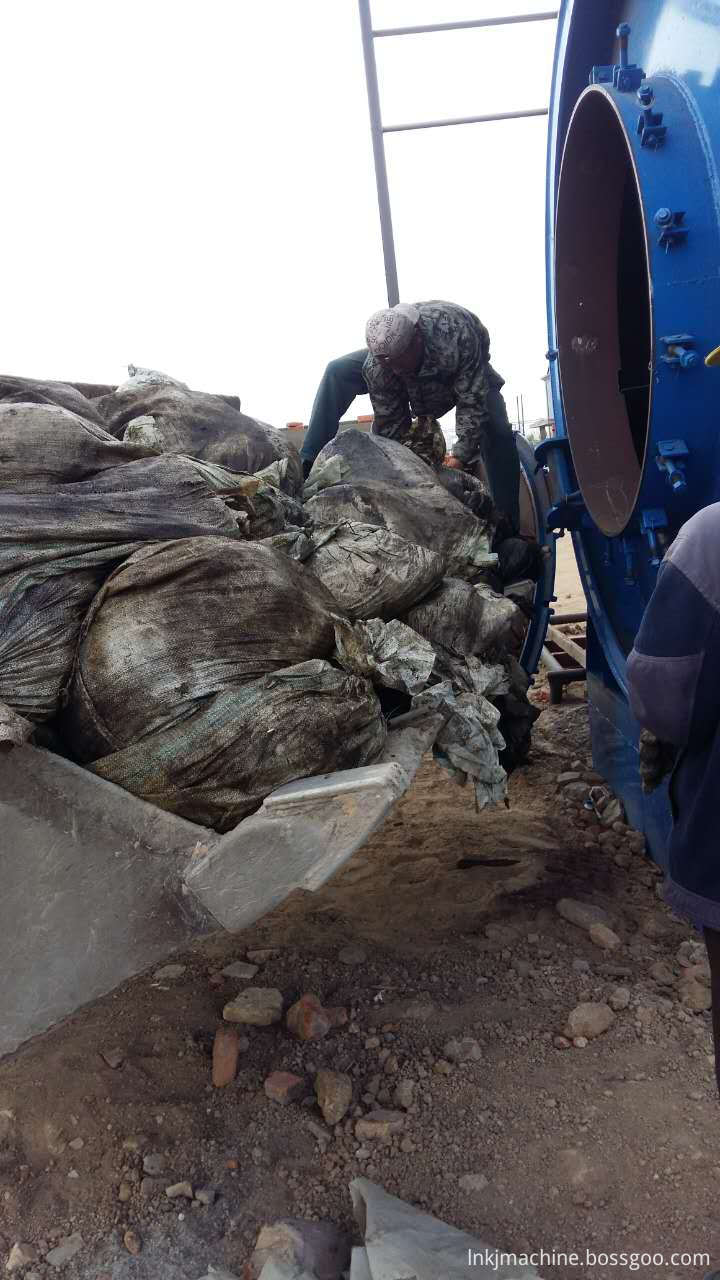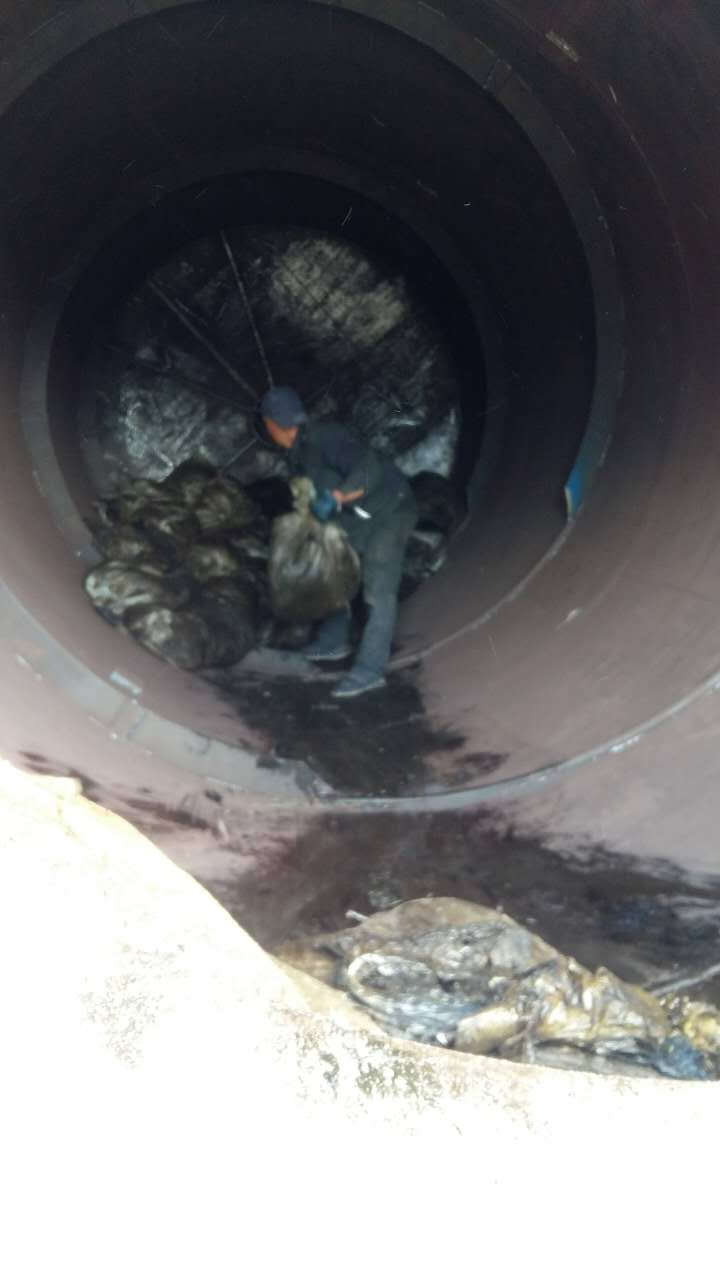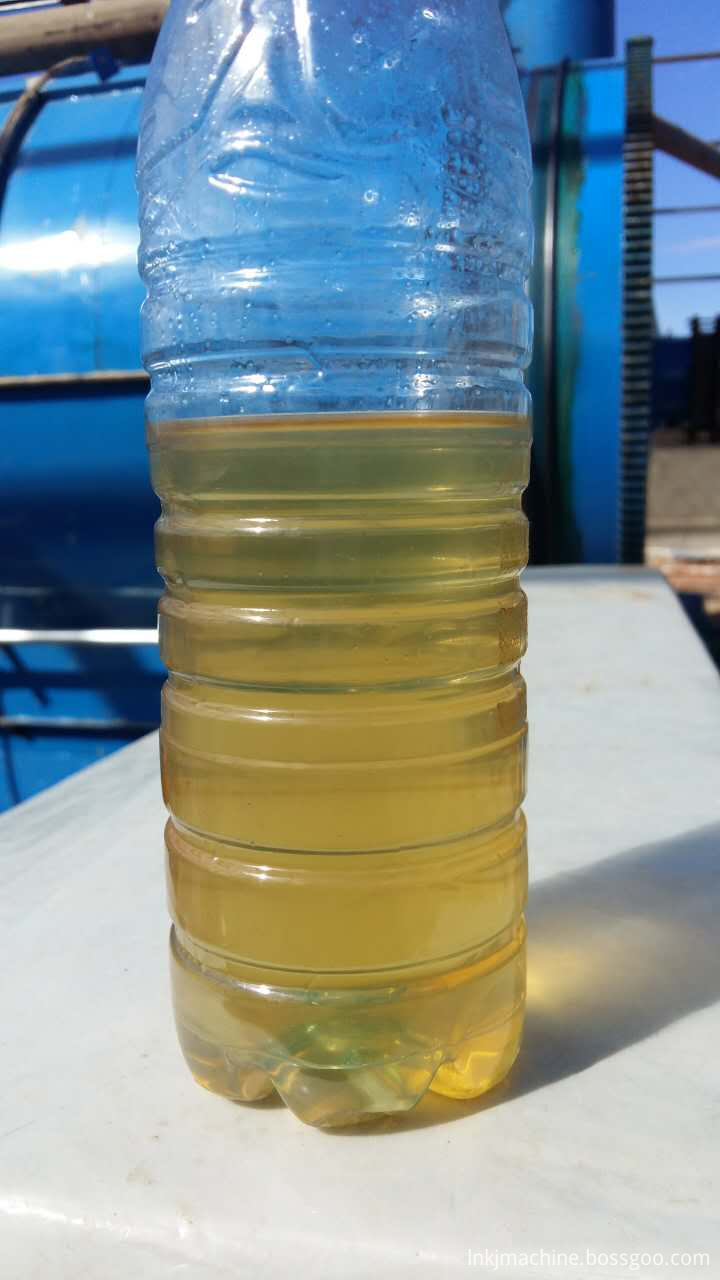·The media asked where the money went: there are rental company executives with annual salary of one million
“Every day, I owe the company several hundred yuan in a blink of an eye, working for ten hours, of which six or seven hours are desperate for the company.†Beijing’s master Ge Li said. Recently, taxi outages have occurred in many places in the country, and the excessive money has become an important reason. What is the money for money? Where did you go?
The reporter found that the money used by taxi companies to bear the cost of 40 projects, disguised to help companies share various operational risks and management costs, some of which are also used for corporate support and payment of outrageous office fees, hospitality, etc. .
What kind of money is the money, the common name for the contractor that the taxi driver handed over to the company. At present, the taxi company operating licenses are all derived from "burning money." First, the company bought the operating license from the government for a large price, and the company hired or subleased the driver to operate. The "money money" paid by the driver is actually the principal and interest that is incapable of paying the operating license fee of several hundred thousand yuan at a time and paying the company monthly. Even if a taxi company operated by a state-owned enterprise, the driver must pay the same amount of money. Therefore, the taxi company became the "oligarch" of the empty glove white wolf, and the driver became the "camel Xiangzi" who ran for the street.
Investigation companies have repeatedly raised their money in violation of the law. Although many governments have stipulated that taxi companies are not allowed to raise money at will, but the reporter found that many taxi companies have raised their money for years, such as Hangzhou taxis have risen by about 70% in the past 10 years.
In addition to the blatant price increase, some taxi companies have secretly raised prices. Shanghai's four major taxi companies said that they would calculate a monthly fixed income of 8,200 yuan. Many taxi drivers reported that according to the regulations, the money paid by the double-bus driver every month is 4,100 yuan/person, but the company actually collects more than 5,300 yuan/person per month.
Beijing stipulates that the maximum limit for taxi companies to collect monthly money for a single bus is more than 5,000 yuan/person. There are quite a few taxi companies that raise prices privately. In 2013, a taxi company actually increased the money by more than 10%.
In addition, a number of taxi drivers said that some money has a basis for charging, and some charges are neither public nor bills, or a "confusing account."
Where did the money go and bear 40 operating costs? The reporter saw from a survey of “going to the money†in Beijing, that the average number of taxi drivers surveyed in 2013 was paid to the taxi company every month. 6,200 yuan of money, of which 5,279 yuan is used to bear the operating costs of taxi companies. This 5279 yuan is mainly used in vehicle-related expenses, site rental fees, business management fees, financial expenses and other major blocks for a total of about 40 specific operating costs.
According to the figures released by the relevant departments, in addition to the cost and taxes, Beijing taxi companies have a monthly profit margin of around 9% per vehicle. According to the income at that time, the company can make a profit of 237 yuan per month. However, this is only the profit announced by taxi companies.
The reporter saw from a catalogue of contracting expenses for Wuhan taxi business management rights that among the more than 4,000 yuan of money paid by a driver, vehicle depreciation and auto insurance accounted for about 60%, while the company's management fees were as high as 1,500 yuan. Nearly 40%.
According to the data released by the Wuhan Municipal Price Department, the operating cost per taxi of the taxi company is only 908 yuan per month, which is far from the above 1,500 yuan. This means that in the case of depreciation of vehicles, taxes and fees, etc., the driver only bears the management fee of more than 1,500 yuan per car, and the profit of 600 yuan is taken away by the enterprise.
Some small businesses have set aside 450,000 yuan for office personnel with huge administrative expenses, which is an important cost component of the money. An industry insider told reporters that in many taxi companies in Beijing and Shanghai, the proportion of managers and taxi drivers in the office turned out to be 1:1.
The reporter found that there are high office expenses, travel expenses and other items in the management fees of enterprises. A small taxi company with less than 10 management personnel in Wuhan has more than 450,000 yuan in office expenses in 2013 alone.
There are executives with annual salary or even millions of service industries. The average profit rate of taxi companies in recent years has stabilized at around 10%, exceeding the average profit margin of 5% or less. The senior executives of a large taxi company in Shanghai have an annual salary of several hundred thousand yuan or even millions of yuan.
However, in the case of long-term stable profits, taxi companies pay very limited taxes. The reporter found that in Beijing, each car needs to pay a monthly tax of 355 yuan, accounting for about 3% of the monthly income of bicycles; in Shanghai, the monthly tax payment per car accounted for about 2% of the monthly income of bicycles.
Enterprises disguise over-the-counter money to obtain hidden benefits. Many drivers report that enterprises use various means to obtain hidden benefits in various aspects such as vehicle repair, equipment replacement, and personnel expenses. Three taxi drivers in Shanghai who have been driving for about 20 years said that in addition to the money, each person must pay a so-called 500 yuan repair fee per month. In addition, the purchase of inferior accessories to the driver is also a means for some companies to profit from the money.
Wu Shifu, a taxi driver in Wuhan, said that one of the money he paid was a 200 yuan monthly natural gas conversion fee. A car is forced to be scrapped for 5 years. Only natural gas conversion will cost 12,000 yuan, which is 3 times the market price.
Oil contaminated Waste processing Plant is one of the most effecient project to process with all kinds of wastes without any second-pollution problems: we could get energy from it if there are oils or Hydrocarbon included; or there are some recycling gas as fuel for this system if there are still gases after cooled down; the rest will be mostly carbon blacks which could be sold to be further refined into N330 or N660 etc.



Waste Oil Mud Processing Machines
Oil Sludge Processor,Oil Mud Pyrolysis Machines,Oil Contaminated Waste Processing Plants
Henan Lanning Technology Co., Ltd , http://www.lanningrecycling.com